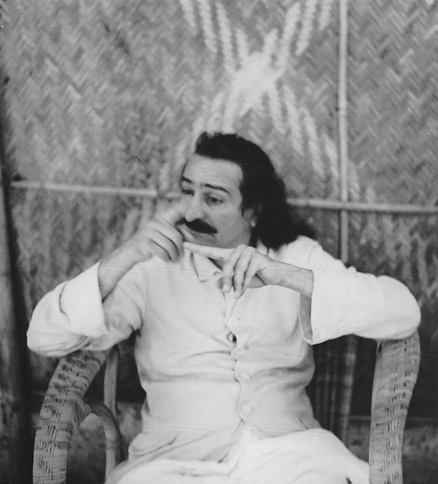
Control of the habitual tendencies of the mind is much more difficult than control of physical actions.
The fleeting and evasive thoughts and desires of the mind can be curbed only with great patience and persistent practice. But the restraint of mental processes and reactions is necessary to check the formation of new sanskaras and to wear out or unwind the old sanskaras of which they are expressions.
Though control might be difficult at the beginning, through sincere effort it gradually becomes natural and easy to achieve.
Control is deliberate and involves effort as long as the mind is trying to decondition itself through the removal of sanskaras. But after the mind is released from the sanskaras, control becomes spontaneous because the mind is then functioning in freedom and understanding.
Such control is born of strength of character and health of mind, and it invariably brings with it freedom from fear and immense peace and calmness. The mind, which appears feeble when it is wanton and uncontrolled in its functioning, becomes a source of great strength when it is controlled.
Control is indispensable for the conservation of mental energy and the economical use of thought force for creative purposes.
-Discourses 7th Ed., p49